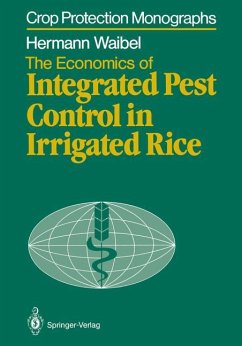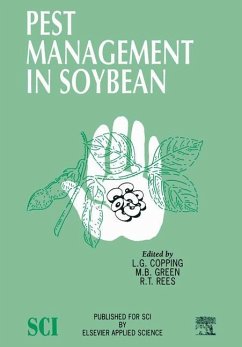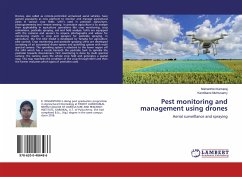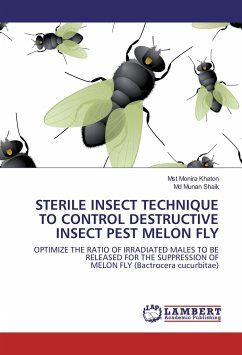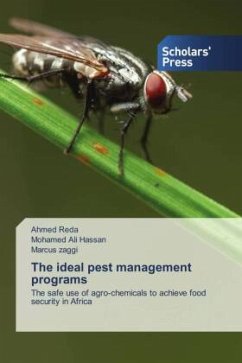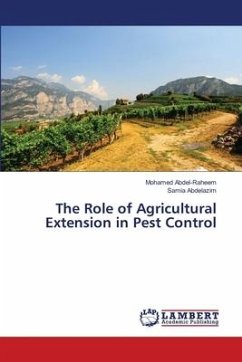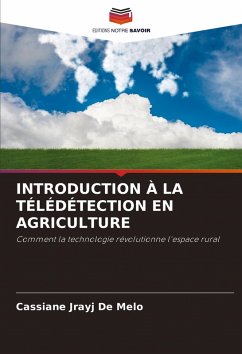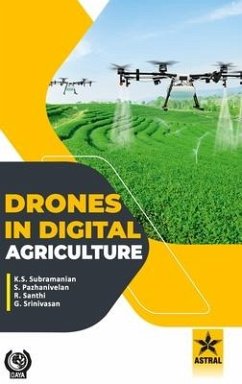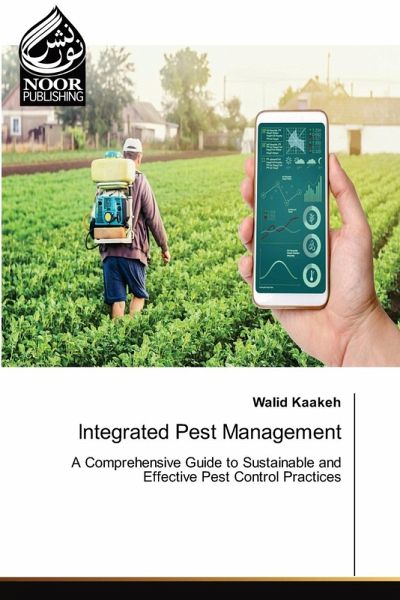
Integrated Pest Management
Versandkostenfrei!
Versandfertig in 6-10 Tagen
36,99 €
inkl. MwSt.

PAYBACK Punkte
18 °P sammeln!
Integrated Pest Management (IPM) is a sustainable, science-based approach combining biological, cultural, mechanical, and chemical methods to control pests while minimizing environmental harm. Unlike reliance on synthetic pesticides, IPM prioritizes ecological balance, long-term resilience, and reduced risks to ecosystems and human health. This guide equips farmers, researchers, and policymakers with strategies like crop rotation, biological controls, and precision technologies (e.g., AI, drones) to prevent outbreaks proactively. Case studies (e.g., push-pull systems in Africa) demonstrate IPM...
Integrated Pest Management (IPM) is a sustainable, science-based approach combining biological, cultural, mechanical, and chemical methods to control pests while minimizing environmental harm. Unlike reliance on synthetic pesticides, IPM prioritizes ecological balance, long-term resilience, and reduced risks to ecosystems and human health. This guide equips farmers, researchers, and policymakers with strategies like crop rotation, biological controls, and precision technologies (e.g., AI, drones) to prevent outbreaks proactively. Case studies (e.g., push-pull systems in Africa) demonstrate IPM's adaptability. Challenges include education gaps and upfront costs, but collaboration can scale IPM globally.Innovations like CRISPR and biodegradable pesticides will shape IPM's future, ensuring food security amid climate change. By integrating traditional knowledge and cutting-edge tools, IPM fosters productive, eco-friendly agriculture for future generations.



